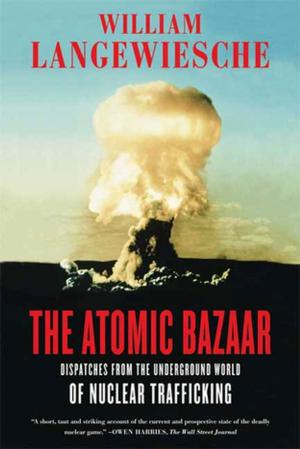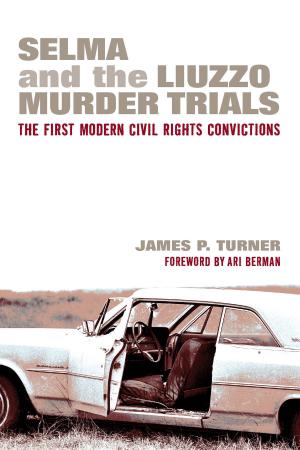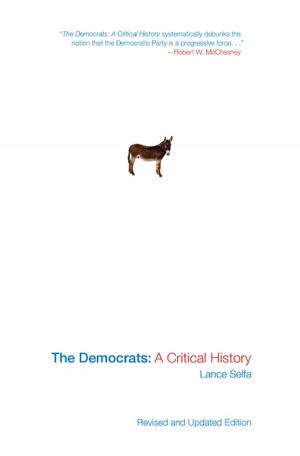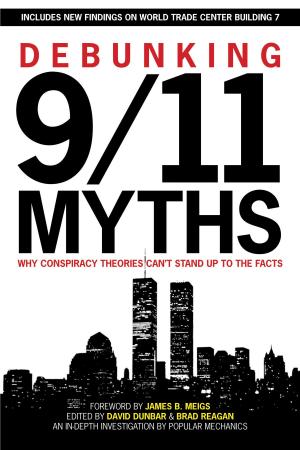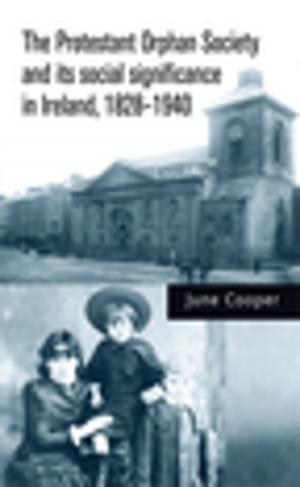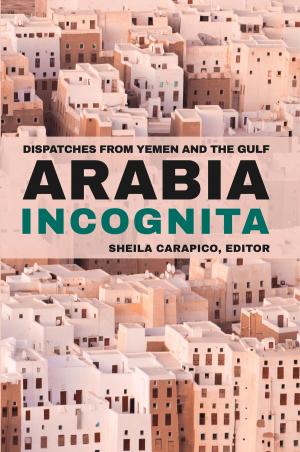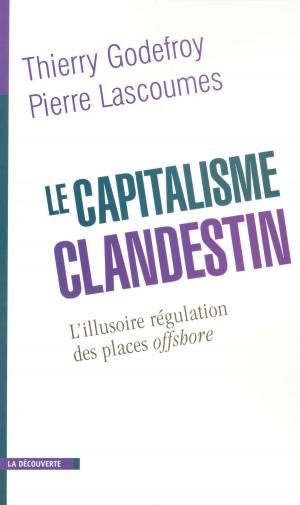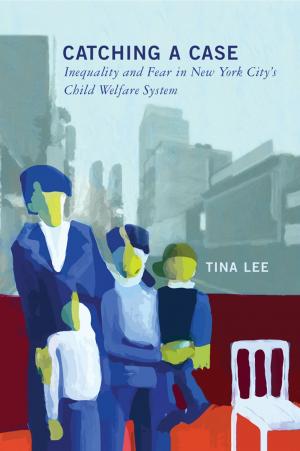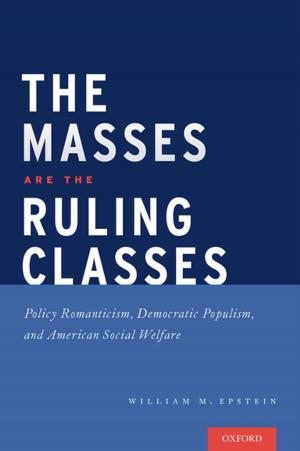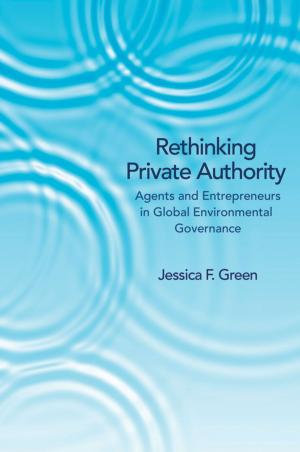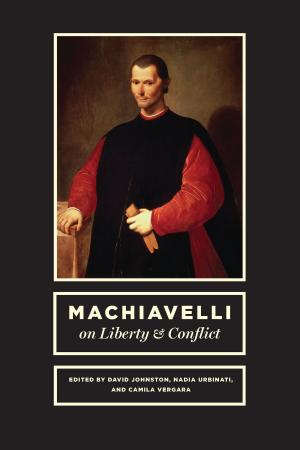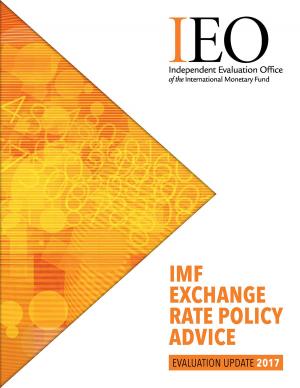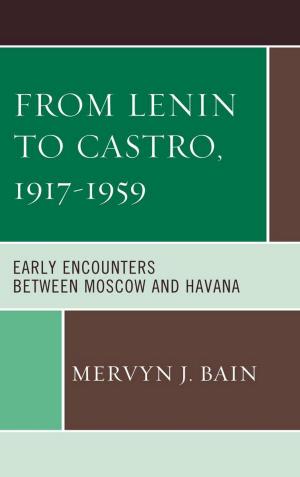| Author: | Tony Palfreeman | ISBN: | 9781925457827 |
| Publisher: | Tony Palfreeman | Publication: | May 28, 2018 |
| Imprint: | Language: | English |
| Author: | Tony Palfreeman |
| ISBN: | 9781925457827 |
| Publisher: | Tony Palfreeman |
| Publication: | May 28, 2018 |
| Imprint: | |
| Language: | English |
‘Drawing on his extraordinary life story and career as an academic and wanderer, Tony Palfreeman’s letter to his grandchildren is a deeply personal and poignant ride through the last one hundred-plus years of history. He asks them to consider how to work towards what generations before have failed to achieve. This is a masterfully constructed argument for common decency that will resonate for generations to come.’ Belinda Hawkins, Senior Journalist, ABC TV. The book seeks to provide ‘a compelling argument for hope, decency, peace’. “Tony Palfreeman succeeds in achieving all these goals but the book provides more than this,” says Professor Russell Lansbury AO in his recent review. It is in three sections: ‘Growing Up’, followed by ‘’Searching for Keys’ and ends with ‘From a Place in the Sun’. As an academic, Lansbury found the chapter ‘And Gladly Teche’, in the second section of the book, one of the most interesting. The quote is from Chaucer’s The Canterbury Tales and is the motto of Macquarie University, Sydney, where Tony Palfreeman spent the last decade of his full time teaching career. “This chapter contains one of the best accounts I have read on the perennial issue of applying theory to practice, not only in international relations but to many other aspects of knowledge,” says Lansbury. “Tony Palfreeman advocates ‘evolutionary teaching’ which involves ‘asking the right question’ so that ‘evolutionary learning’ can occur.” In the third section of the book, the chapter titled ‘Home Truths: Good Governance, Peaceful Change and Ozpol’ makes a compelling argument for the type of society Australia could become that would enable it to play a positive and effective role in the world. Palfreeman asks four questions about the strengths and weaknesses of our political system: How do we provide for participation by citizens in the polity? How well do we achieve a social contract between the people and the government, which remains the cornerstone of a properly functioning political system? Are we witnessing the ‘end of politics’ as we know it? Finally, do we have the quality of political leadership to create a fair and sustainable democracy? These are useful yardsticks by which to measure the performance of current political leadership in Australia and the rest of the world. About the Author: Tony Palfreeman was born in Shanghai in 1931 and spent a peripatetic childhood and youth in China, South Africa, Hong Kong, and England, and in Geneva at the Graduate Institute of International Studies. He found a ‘home base’ in Australia in the 1950s, where over five decades he was a noted scholar and teacher in international relations. He remains actively engaged in his discipline and continues to give occasional lectures. The proud father of seven and grandfather of fourteen, Tony lives in the village of Wollombi in the Lower Hunter Valley region of NSW, where he runs a Devon cattle property with his family, listens to Chopin and birdsong, and has been known to enjoy a single malt.
‘Drawing on his extraordinary life story and career as an academic and wanderer, Tony Palfreeman’s letter to his grandchildren is a deeply personal and poignant ride through the last one hundred-plus years of history. He asks them to consider how to work towards what generations before have failed to achieve. This is a masterfully constructed argument for common decency that will resonate for generations to come.’ Belinda Hawkins, Senior Journalist, ABC TV. The book seeks to provide ‘a compelling argument for hope, decency, peace’. “Tony Palfreeman succeeds in achieving all these goals but the book provides more than this,” says Professor Russell Lansbury AO in his recent review. It is in three sections: ‘Growing Up’, followed by ‘’Searching for Keys’ and ends with ‘From a Place in the Sun’. As an academic, Lansbury found the chapter ‘And Gladly Teche’, in the second section of the book, one of the most interesting. The quote is from Chaucer’s The Canterbury Tales and is the motto of Macquarie University, Sydney, where Tony Palfreeman spent the last decade of his full time teaching career. “This chapter contains one of the best accounts I have read on the perennial issue of applying theory to practice, not only in international relations but to many other aspects of knowledge,” says Lansbury. “Tony Palfreeman advocates ‘evolutionary teaching’ which involves ‘asking the right question’ so that ‘evolutionary learning’ can occur.” In the third section of the book, the chapter titled ‘Home Truths: Good Governance, Peaceful Change and Ozpol’ makes a compelling argument for the type of society Australia could become that would enable it to play a positive and effective role in the world. Palfreeman asks four questions about the strengths and weaknesses of our political system: How do we provide for participation by citizens in the polity? How well do we achieve a social contract between the people and the government, which remains the cornerstone of a properly functioning political system? Are we witnessing the ‘end of politics’ as we know it? Finally, do we have the quality of political leadership to create a fair and sustainable democracy? These are useful yardsticks by which to measure the performance of current political leadership in Australia and the rest of the world. About the Author: Tony Palfreeman was born in Shanghai in 1931 and spent a peripatetic childhood and youth in China, South Africa, Hong Kong, and England, and in Geneva at the Graduate Institute of International Studies. He found a ‘home base’ in Australia in the 1950s, where over five decades he was a noted scholar and teacher in international relations. He remains actively engaged in his discipline and continues to give occasional lectures. The proud father of seven and grandfather of fourteen, Tony lives in the village of Wollombi in the Lower Hunter Valley region of NSW, where he runs a Devon cattle property with his family, listens to Chopin and birdsong, and has been known to enjoy a single malt.

